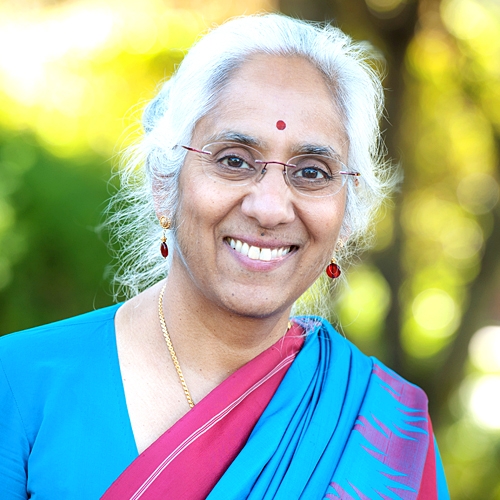 GOLD Learning Speakers
GOLD Learning Speakers


Saraswathi Vedam, Professor and Principal, Birth Place Lab at UBC
- Speaker Type: *WEBINARS, GOLD Midwifery 2019
- Country: Canada
Biography:
Saraswathi Vedam is Lead Investigator of the Birth Place Lab at University of British Columbia. Over 35 years, she has been a midwife, educator, and researcher. She led the provincial, community-based participatory studies, Changing Childbirth in BC and the Giving Voice to Mothers Studies, exploring access to respectful maternity care across birth settings in North America. These projects led to two new quality measures: the Mothers’ Autonomy in Decision Making (MADM) scale and the Mothers on Respect (MORi) index, that assess quality and safety as defined by the service user. She is currently PI of a 5-year CIHR funded national study of respectful maternity care across Canada. Professor Vedam has been active in setting international policy on place of birth and interprofessional collaboration. She led a multidisciplinary team to conduct the Access and Integration Maternity care Mapping (AIMM) Study; convened 3 national Home Birth Summits; and chaired the 5th International Normal Labour and Birth Research conference.
Professor Vedam has been active in setting national and international policy on place of birth, and midwifery education and regulation. She has provided expert consultations to policy makers, public health agencies, and legislators in Mexico, Hungary, Chile, China, the Czech Republic, Canada, the US, and India. She was Convener and Chair of 3 national Home Birth Summits. At these historic summits a multi-stakeholder group of leaders (clinicians, consumers, policymakers, legislators, researchers, ethicists, and administrators) crafted a common agenda to address equitable access to high quality care across birth settings in the United States.







